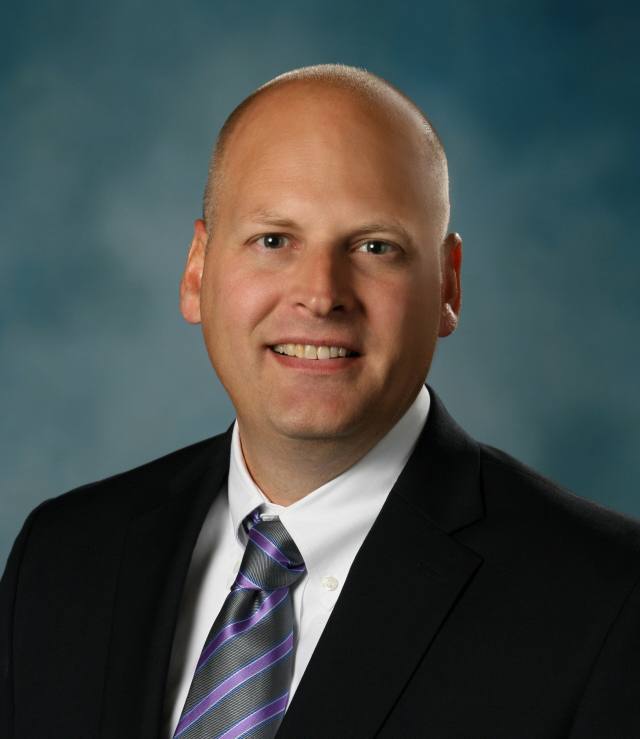All education contains information. Whether in a textbook, a curriculum guide, or assignments that students complete, information is a key component in any school. But the differences in the types of information in modern, progressive education and classical, Christian education vary greatly. Even more important, the goals and outcomes pertaining to the information are vastly disparate.
Common Core is the latest focus of modern, progressive education. While not entirely misguided, it contrasts with classical, Christian education in numerous ways. Common Core isn’t a curriculum, but rather standards that impact curriculum choices. The goal of the standards themselves is found in their own Common Core Initiative statement: The “anchor standards and high school grade-specific standards work in tandem to define college and career readiness expectations – the former providing broad standards, the latter providing additional specificity.”
In other words, technical training and career readiness is the end goal of Common Core. While Common Core includes some healthy standards such as textual analysis and persuasive argumentation, the end goal is truncated and limited. As one author writes, “The Common Core focus is almost entirely on efficiency – the sure sign of weakness…With no robust vision for the end of education, education ends.”
Contrast the Common Core focus with this educational statement from John Piper: “Our aim is to build into the student habits of mind and heart that will never leave them and will fit them for a lifetime of ongoing growth. The well-educated person is the person who has the habits of mind and heart to go on learning what he needs to learn to live in a Christ-exalting way for the rest of his life – and that would apply to whatever sphere of life he pursues.”
Notice the stark contrast? The focus of modern, progressive education is a transfer of skills and information, with a notable omission. The focus of classical, Christian education is a transfer of a way of life. Our focus must be not simply on skills and knowledge, although they too are important. Instead, education must emphasize a transformative process whereby the pupil is absorbed in an environment steeped in God’s word, biblical discipleship, and an academic foundation comprised of the liberal arts in order to cultivate wisdom and virtue.
G.K. Chesterton wrote, “Education is not a subject, nor does it deal in subjects. It is instead a transfer of a way of life.” The goal of a classical, Christian education is simply this: A transformation of a student’s heart, mind, and soul aimed at conformity to Jesus Christ.
